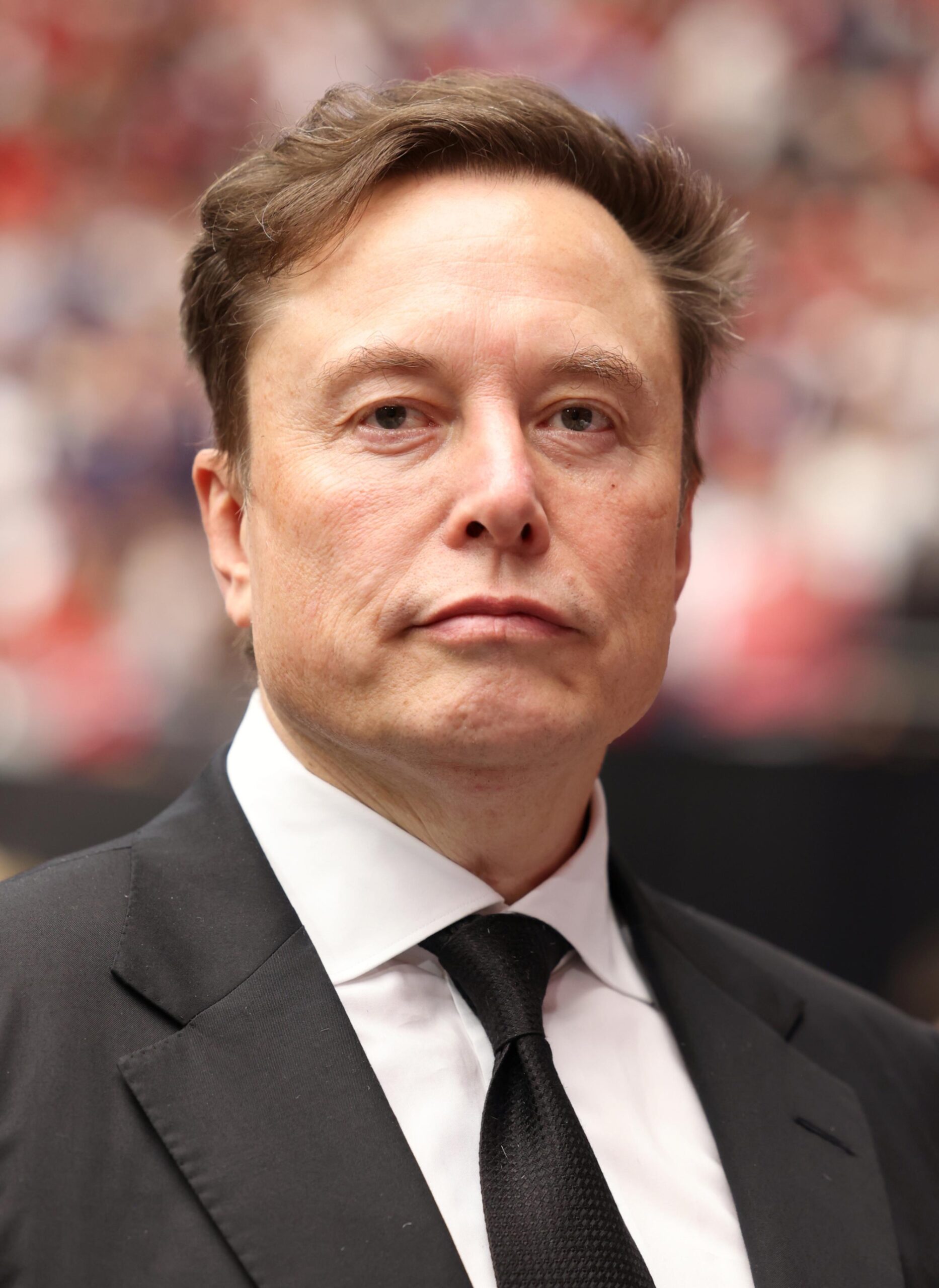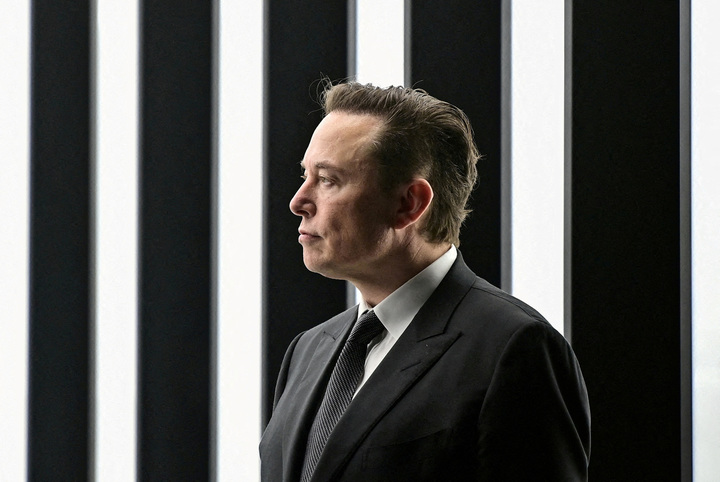Elon Musk Declares War on Wikipedia — Launches “Grokipedia” as xAI’s Revolutionary Knowledge Platform
In a move that has already set the internet ablaze, Elon Musk has announced that his artificial intelligence startup, xAI, is developing a new platform called “Grokipedia.” The billionaire entrepreneur claims the project will be a “massive improvement over Wikipedia,” promising a bold reimagining of how people access, verify, and engage with online knowledge.
The announcement came just hours ago via Musk’s social media platform X (formerly Twitter), where he teased the idea of a knowledge base powered not by volunteers or traditional editors, but by real-time intelligence drawn from his AI system, Grok. According to Musk, Grokipedia will serve as a dynamic, self-learning repository of human knowledge — constantly evolving, cross-checked, and, in his words, “less biased than anything that exists today.”

“Wikipedia is a good start,” Musk wrote, “but it’s become too political and too easily manipulated. Grokipedia will fix that — it will be based on truth, logic, and transparency.”
A Challenge to the Internet’s Gatekeepers
Since its founding in 2001, Wikipedia has been one of the most visited and trusted information sources on the web, with millions of volunteer editors maintaining its content. But it has also faced criticism for editorial bias, inaccuracies, and occasional ideological slant in controversial topics.
Musk’s latest project seems to target those pain points directly. Sources close to xAI suggest that Grokipedia will combine machine learning, crowdsourced fact-checking, and blockchain-style transparency logs to track the origin and evolution of every piece of information. That means users could see not just what an article says, but how it got there — who edited it, what data it’s based on, and which AI models verified the claims.
If successful, that could represent a profound shift in how people consume information online. For years, Wikipedia has operated on human trust and consensus; Musk wants to replace that with algorithmic accountability and traceable truth.
Musk’s Vision: AI Meets Open Knowledge
The foundation of Grokipedia will reportedly be Grok, xAI’s witty and occasionally controversial chatbot that already operates within X’s ecosystem. Grok has access to real-time posts, discussions, and news — something traditional AIs like ChatGPT or Claude do not natively have. By feeding this real-time awareness into Grokipedia, xAI hopes to create a platform that’s not static like a traditional encyclopedia, but alive and responsive to global events as they happen.

Musk has hinted that Grokipedia will be integrated directly into X, allowing users to summon explanations or fact checks instantly under posts or news updates. For example, when a political claim or viral rumor spreads on social media, Grokipedia could automatically display contextual data — sources, accuracy ratings, and linked discussions — in real time.
That integration could give xAI a powerful edge over legacy information providers. As one analyst noted, “If Grokipedia works the way Musk envisions, it could merge the social dynamics of X with the depth of Wikipedia and the intelligence of AI. That’s a potent combination — and potentially a disruptive one.”
A “War” of Ideologies?
Musk’s post described Grokipedia as an “improvement,” but many see the move as a direct challenge — even a declaration of war — against Wikipedia and its community. Within hours of the announcement, social media lit up with reactions ranging from excitement to skepticism. Some tech enthusiasts hailed it as the future of truth in the digital age; others warned that putting an encyclopedia under Musk’s control could create its own kind of bias.
“Wikipedia may not be perfect, but it’s run by a global community, not one man,” one editor wrote in response. “Do we really want our shared knowledge filtered through Musk’s algorithms?”
Still, Musk’s supporters argue that his track record — from revolutionizing electric vehicles with Tesla to transforming space travel through SpaceX — shows that he’s capable of reimagining stagnant systems. They believe Grokipedia could do for digital information what SpaceX did for rockets: make it faster, cheaper, and more reliable.
The Broader AI Battle
The launch of Grokipedia also comes amid escalating competition in the artificial intelligence world. Musk’s xAI is positioning itself as a rival to OpenAI, Anthropic, and Google DeepMind, but with a more outspoken focus on “truth-seeking” and freedom of information. Musk, who was once a co-founder of OpenAI before parting ways, has repeatedly criticized the company for what he perceives as censorship and “political alignment.”
By building an open, traceable knowledge system, Musk appears to be staking his AI brand on transparency — an area where his competitors have struggled. If Grokipedia delivers on its promises, it could strengthen xAI’s reputation as a defender of “open truth,” while simultaneously undermining institutions that Musk has long accused of bias.
What Comes Next
So far, xAI has not released a timeline for Grokipedia’s launch, nor has it revealed whether the platform will be publicly editable or curated exclusively by AI. But early insiders suggest a beta version could appear by early 2026, first integrated into X and later expanded as a standalone site or app.
Whether it truly outperforms Wikipedia or simply adds another layer to the information ecosystem remains to be seen. But one thing is certain: with Elon Musk at the helm, Grokipedia is bound to spark debate, disruption, and a new chapter in the fight for truth online.
As Musk himself put it, “The goal isn’t to control knowledge — it’s to free it.”